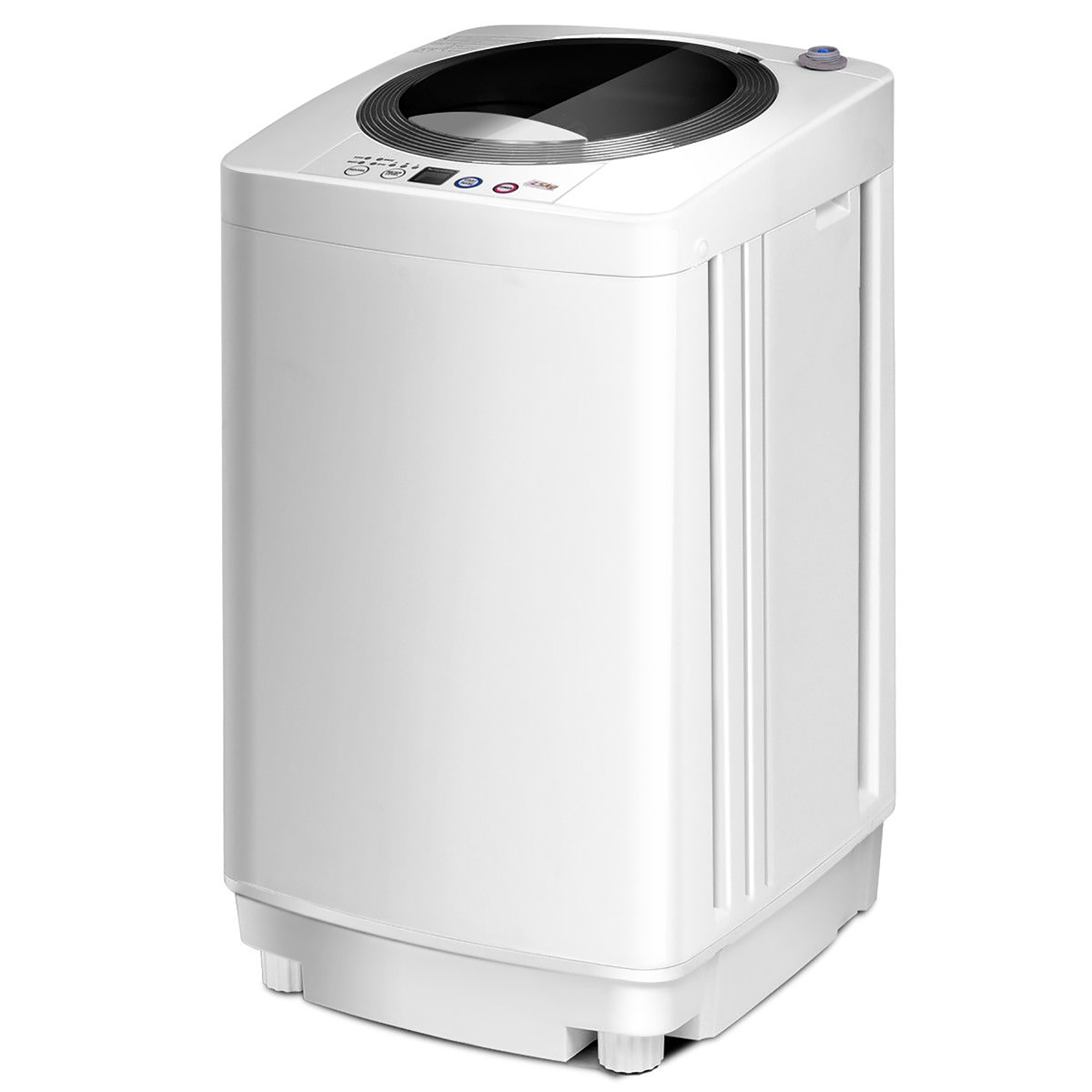How much money do you spend on energy each month?
I use National Grid and an average of the last 12 months shows that I spend an average of $66.18 per month.
In each area listed in this DIY package, what are your findings through the audit? Attach pictures to show problems you found in your home audit
Air leaks
I bought a small air conditioning unit a month ago because the apartment I moved into doesn’t have AC like the last one did. My husband set up the AC unit and had to MacGyver a way to fit it into our bedroom window, but it is covered with cardboard and duct tape so there is definitely some air leakage when the unit is on.
Ventilation
The setup for our apartment is very simple and honestly, not well ventilated. When you walk in, you are immediately in the kitchen and living room with a door leading to the bedroom and a door leading to the bathroom. The lack of good ventilation is very apparent when our AC unit in the bedroom is on because the air in the bedroom is cool and refreshing, but the living room is very stuffy and humid. Even with all of the windows open, it’s difficult to get a good breeze unless we have two fans on and they are strategically placed.
Insulation
Because we live in an apartment, we can’t access an attic or basement, and so I can’t exactly determine if we have sufficient levels of insulation. I assume I’ll find out in the winter but I am hopeful since summer has been very hot so far.
Heating/Cooling Equipment
Our apartment doesn’t offer heating or AC, but we have a small AC unit of our own. Because we just got it fairly recently, there isn’t that much dust in the filter but I’m glad I had to take a look. Our two cats are shedding like crazy since it’s summer and their fur is clogging up our fans so it makes sense that it could similarly affect our AC filter.
Appliances and Electronics
In high school, my science teacher brought up the fact that we need to unplug any electronics and appliances that we weren’t using because it saves energy. Funnily enough, that’s stuck with me since and I’ve been diligent about unplugging anything that’s not in use (much to the irritation of my husband).
We currently have our own portable washing machine that we bought at Walmart, a Costway mini portable machine with a max weight capacity of 7.7 lbs. As well we use a Panda portable ventless clothes dryer instead of a dryer. Both work extraordinarily well for our us because we are getting used to downsizing in preparation for our future goal of purchasing and living in an Airstream full-time.


Where are your greatest energy losses? And what is your plan to fix it?
Our greatest energy losses are more clearly shown from our National Grid bill at our last apartment. That unit had its own AC system which we used all last summer, averaging over $120/month from June-August. Since we bought our own AC unit and moved to an apartment with ample shade from surrounding trees, our energy bills are dramatically lower than they were a year ago. Even with us using our AC unit generously every day, our last two bills have been $46 and $53.14 respectively. I think that I will continue using fans to get some airflow into the apartment and rely on the shade provided by the trees outside. I will also continue to use blackout curtains to reduce the temperature inside the apartment.
How long will it take for an investment in energy efficiency to pay for itself in energy cost savings?
My long-term goal is to live in an Airstream and invest in solar panels for supplementary energy needs. However, with the value of the current solar investment tax credit dropping after this year, it will mean that I might have to shoulder the entire cost without benefiting from the tax credit. Nonetheless, according to Energy Sage, the average expected breakeven point for solar systems is about 8 years.
Do the energy-saving measures provide additional benefits that are important to you? For example, increased comfort from installing double-paned, efficient windows?
I’d like to stick with keeping electronics and appliances unplugged when not in use because it’s a habit that I’ve already had for a long time. I think it, and energy-saving habits like it, are a way for people to be more mindful about what exactly they are using on a day-to-day basis.
- Residential solar panels: what to know about home solar electricity in 2020. Energy Sage. https://news.energysage.com/residential-solar-panels-for-home/ (Links to an external site.)
Matulka, R. (2013, August 15). Energy saver 101 infographic: home energy audits. Department of Energy. https://www.energy.gov/articles/energy-saver-101-infographic-home-energy-audits (Links to an external site.)
Reply














